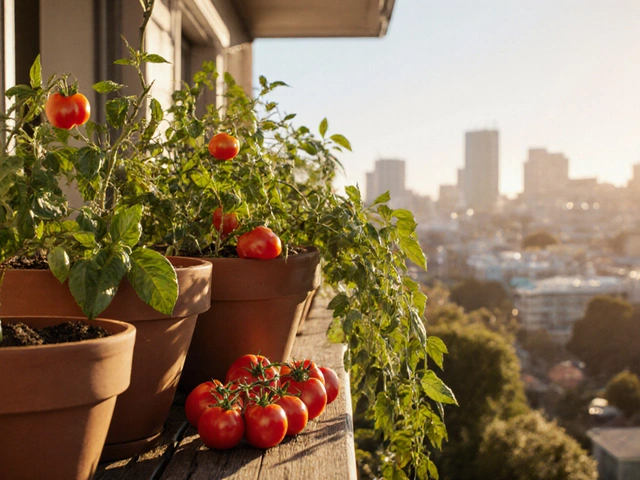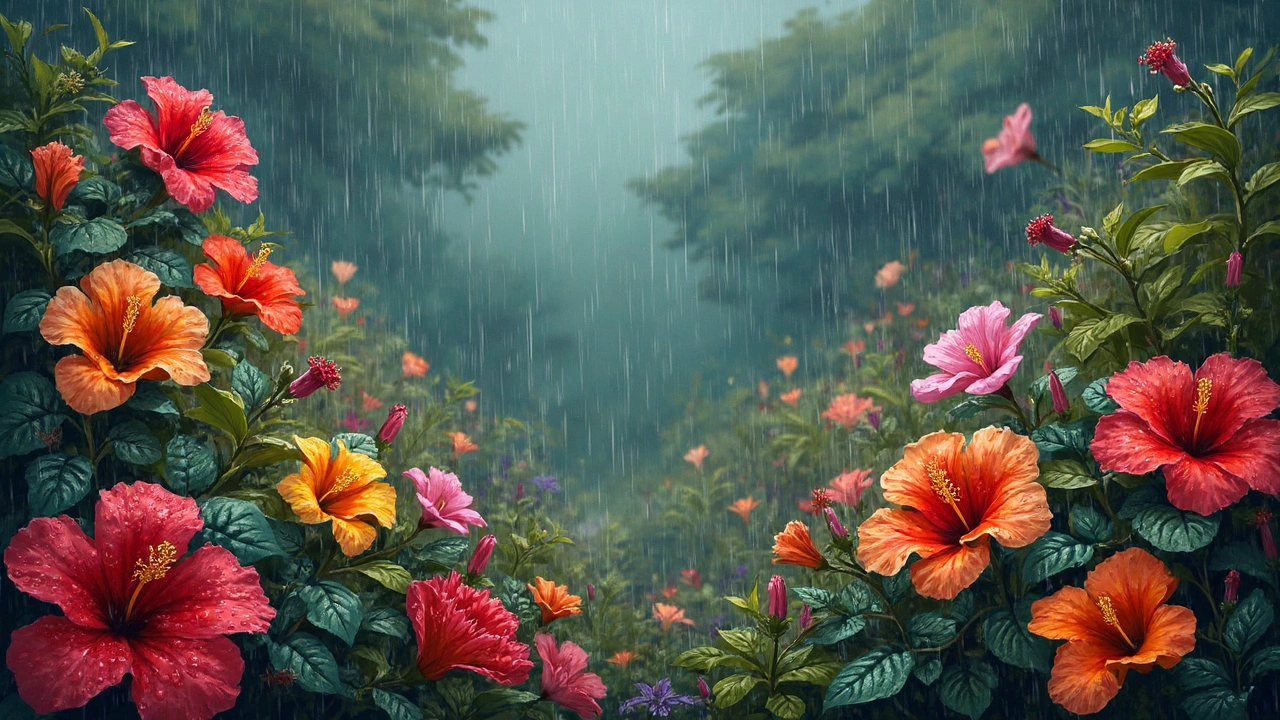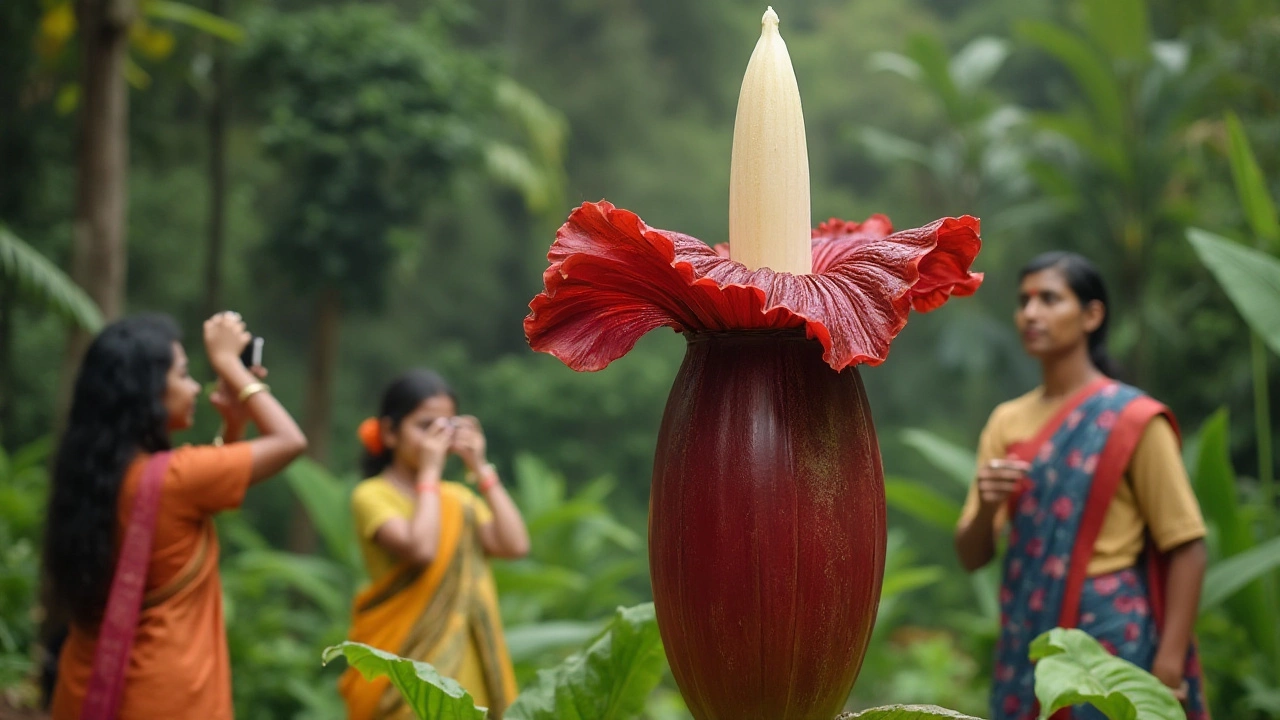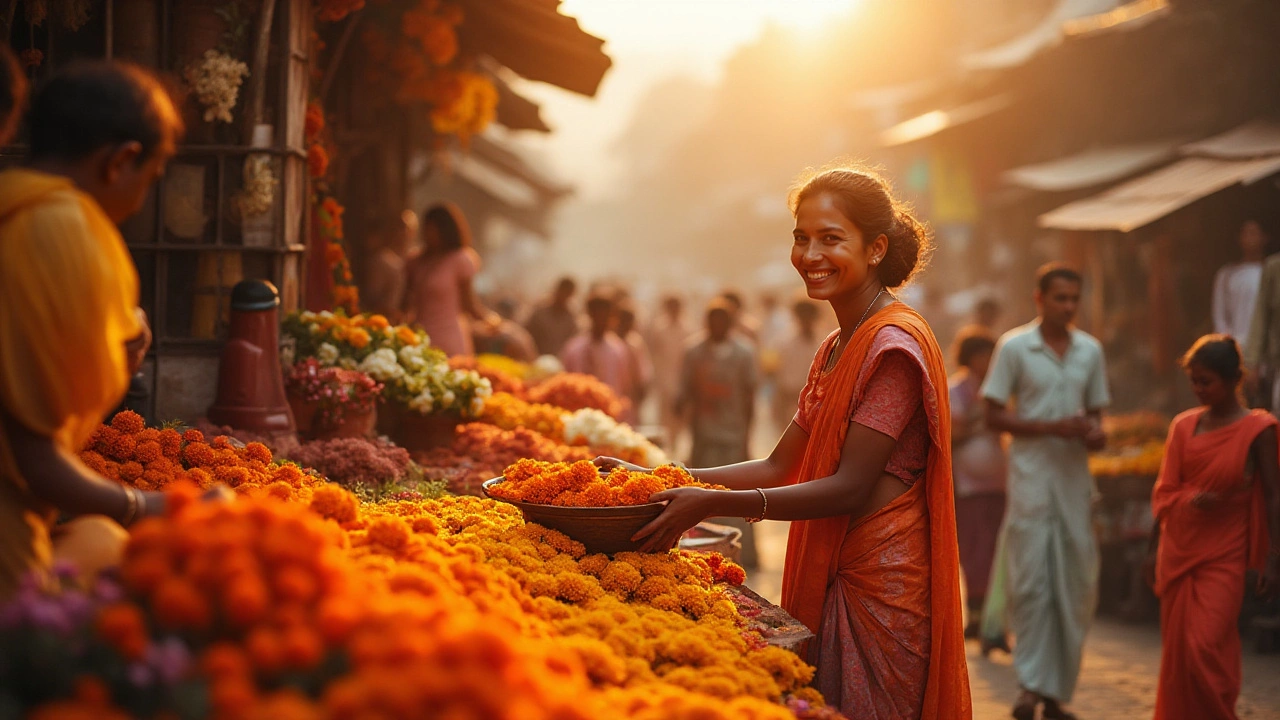Flower Gardening Tips for Vibrant Blooms in India
If you love seeing colors explode in your backyard, you’re in the right place. Flower gardening in India isn’t just about planting a rose and waiting – it’s about knowing the right plants, the right time, and the right care. Below you’ll find easy steps that work whether you have a tiny balcony or a big yard.
When Do Flowers Bloom in India?
India’s climate varies from cool hills to hot plains, so bloom times shift by region. In most of North India, marigolds, roses, and hibiscus hit peak color from October to February. In the South, jasmines and gardenias love the monsoon months of June to September. The key is to match the flower’s natural cycle with your local weather. Check your state’s bloom calendar – it tells you which months bring the most flowers and helps you plan planting ahead.
Another tip: stagger planting. If you plant half your seedlings in early spring and the rest in late summer, you’ll get continuous color instead of a short burst. This works especially well for annuals like petunias and zinnias that finish their life cycle in a few months.
Simple Practices for Healthy Flower Gardens
Good soil is the silent hero behind every blooming plant. Indian garden soil often gets heavy and compacted. Lighten it with a mix of compost, sand, and a bit of garden manure. This improves drainage and gives roots room to breathe. For small pots, a 1:1 blend of potting mix and coconut coir works wonders.
Watering right matters. Most flowers need deep watering once a week rather than a daily sprinkle. Early morning is best – the water reaches the roots before the sun dries it out, and it reduces fungal problems. If you’re worried about water waste, consider drip irrigation. A cheap drip line buried a few centimeters deep cuts down evaporation and keeps roots moist.
Fertilize wisely. Over‑fertilizing can cause foliage to grow at the expense of blooms. Use a balanced NPK (10‑10‑10) fertilizer at half the recommended dose every six weeks. For a natural boost, add a handful of bone meal or neem cake to the soil during planting.
Pest control in Indian gardens often means dealing with aphids, whiteflies, and spider mites. Instead of chemicals, spray a simple soap‑water mix (1 tsp mild liquid soap per litre of water) every few days. Neem oil spray works also for tougher infestations. Always test on a single leaf first to avoid leaf burn.
Pruning keeps plants tidy and encourages more flowers. Remove spent blooms (dead‑heading) regularly; the plant will redirect energy to new buds. For shrubs like bougainvillea, a light trim after the main bloom period helps shape the plant and promotes a second wave of flowers.
Finally, think about companion planting. Marigolds repel many soil pests, making them perfect neighbors for tomatoes, cucumbers, and even some flower beds. Planting herbs like basil or mint near roses can deter aphids and improve overall garden health.
With these straightforward steps, you can turn a modest plot into a year‑round color show. Remember, flower gardening is as much about watching and adjusting as it is about planting. Keep an eye on weather, soil moisture, and pest activity, and your garden will reward you with vibrant, healthy blooms every season.
Most Beautiful Flower in the World: Types, Facts, and Gardening Tips
Discover what makes a flower truly beautiful, from legendary blossoms to rare species. Get practical gardening tips and fascinating facts to grow stunning flowers.
Flower Blooming Seasons in India: Best Months for a Colorful Garden
Get the lowdown on the months when flowers bloom in India, how regional climates shape bloom times, popular flower picks, and tips for year-round floral beauty.
What Flower Takes 30 Years to Bloom? The Slow Life of the Talipot Palm
The Talipot palm is a legend among plant lovers, taking about 30 years—or even longer—to bloom just once in its life. This article explains why this palm is so special, what makes its flowering so rare, and how gardeners in India can care for it. You’ll learn some wild facts about the Talipot’s blooming process and get simple tips if you want to try adding this slow giant to your garden. Patience is key—but the payoff is unforgettable.
Rainy Season Blossoms: Discovering India's Monsoon Marvels
The rainy season in India brings a burst of vibrant blooms that thrive in the monsoon's embrace. This article delves into the stunning flowers that graces the landscape, offering gardening tips and insights into growing and nurturing these plants. Learn about flowers like hibiscus and jasmine that not only withstand the rain but flourish in it, offering a colorful and fragrant escape. With useful advice for your garden, you'll discover how to make the most of India's seasonal beauty. Embrace the rain and let your garden blossom!
Best Season for Flowers in India: Unveiling the Blooms
Discover the best season for flower gardening in India, where vibrant blooms paint the landscapes. From winter to monsoon, each season brings its own array of colorful flowers. Learn how seasonal changes impact gardening and get tips for optimal flower varieties. Whether you're a seasoned gardener or a beginner, understanding the best time to plant can lead to thriving blooms.
Exploring India's Notorious Stinky Flower: The Titan Arum
In India, the Titan Arum, famously known as the 'stinky flower,' captures the fascination of those with a passion for unique and remarkable flora. This peculiar plant is notorious for its pungent odor, which mimics the smell of rotting flesh to attract pollinators. Known for its striking appearance and peculiar reproductive strategy, the Titan Arum is an unusual yet fascinating choice for avid gardeners. Delving into its life cycle, cultivation methods, and intriguing botanical characteristics can enhance your appreciation and understanding of this extraordinary plant.
Most Sought-After Flowers in India's Blooming Market
In India, the demand for flowers is not just about aesthetics; it plays a vital role in cultural, religious, and social activities. This article explores which flowers are most sought after in India's diverse and vibrant market. From local favorites to exotic imports, learn about the flowers that capture the hearts of many Indians. It also touches on the factors influencing this demand and how gardening enthusiasts can cater to these preferences.
About
Flower Gardening
Latest Posts
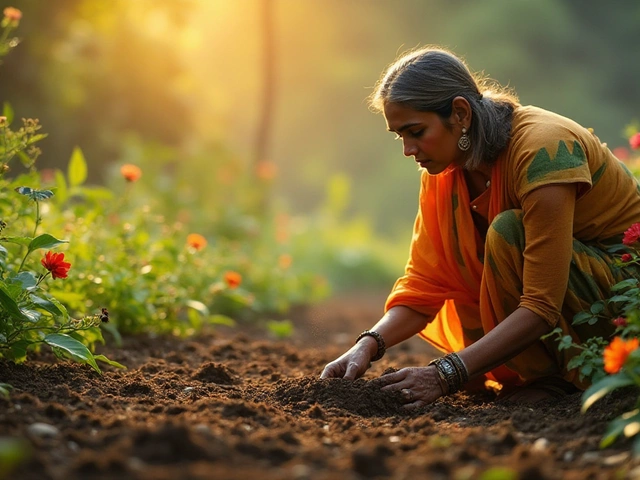

Best Ground Cover for Hillside Erosion Control
By Alden Thorne Feb 13, 2025
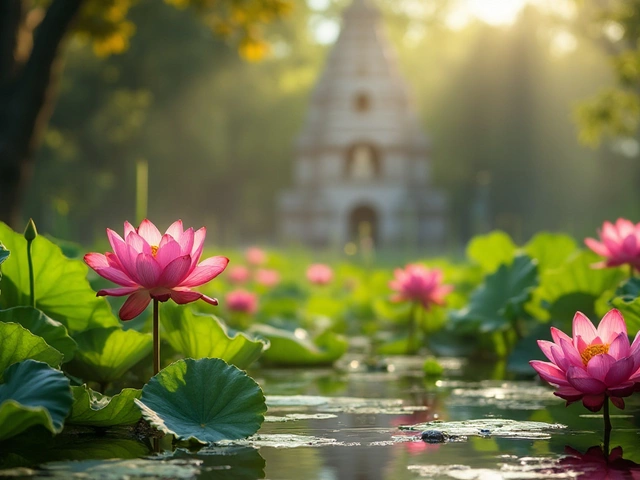
Exploring India's Sacred Lotus: A Symbol of Purity
By Alden Thorne Jan 19, 2025
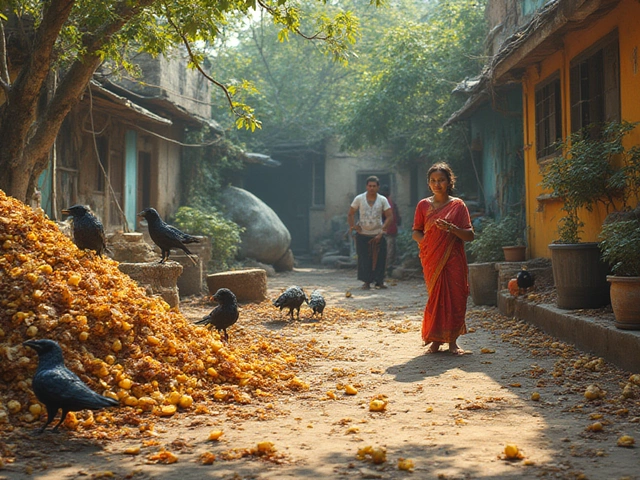
Composting Drawbacks: Real Issues, Surprising Facts, and Smart Tips
By Alden Thorne Jul 4, 2025
